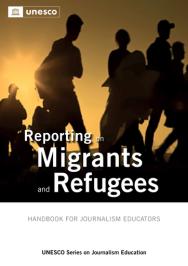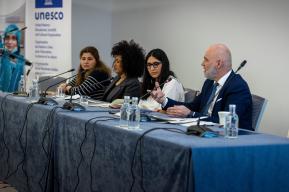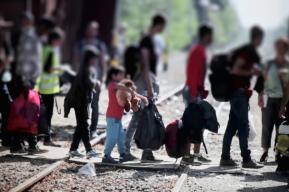
Refugees and the Media
When people are forced to flee, media are vital for them to exercise their rights to information and to freedom of expression. They must be able to make informed choices and independent judgments, based on factual, impartial information from free media. In turn, media’s framing and priming of refugees’ matters greatly affects public perception.
UNESCO assists host countries in their refugee response through media by:
- Supporting media’s capacity to report on topics of interest and concern to refugees.
- Fostering refugees’ meaningful participation in content production and diffusion; and
- Enhancing fact-based information and improved perceptions to foster mutual understanding between refugees and host populations.
UNESCO’s Contribution to the Global Compact on Refugees through Media
Media is named as a key stakeholder in the Global Compact on Refugees in fostering respect and understanding, as well as combating discrimination.
UNESCO’s pledge at the Global Refugee Forum 2023 includes enhancing media capacity to inform refugees, internally displaced people, and host populations with facts and without bias, in order to increase access to reliable information, improve refugees’ participation in public discourse, and create favourable conditions for peaceful co-existence of refugees and host communities.

News
Our Publications






